Takashi Tokita is a name well respected among Square Enix fans, having helmed classic RPGs from Parasite Eve (newly resurrected for PSN) to Chrono Trigger. Now he’s overseeing the restoration of one of the earliest games of his career with Final Fantasy IV: The Complete Collection, coming to PSP on April 22nd.
On the cusp of Final Fantasy IV‘s 20-year anniversary, Tokita explained his goals for Final Fantasy IV: The Complete Collection. The basic expectations are well and truly met: You’ll get remastered high-res artwork that takes full advantage of the PSP‘s widescreen display, eye-catching new 3D special effects, an updated English translation, and two soundtrack options. Also, for the first time, FFIV will be presented in its pure, uncensored form, which will primarily translate to a few skimpier outfits and a handful of mature references omitted from previous releases.
The Complete Collection also includes a separate chapter called FFIV: The After Years that picks up a decade later with the protagonists’ son. Another new playable chapter, FFIV: Interlude, was created just for The Complete Collection. Weighing in at 15-odd hours of new gameplay and story, Interlude is set between FFIV and The After Years and ties up loose plot threads in both games.
While discussing his work with Final Fantasy IV: The Complete Collection, Tokita also touched on the biggest strength of the Japanese RPG genre (“It can be a story that the player is confined to, like a moving comic or animation type of experience in a game format”) and even voiced appreciation for BioShock and Dead Space (“I like games that surprise me”).
Sid Shuman, PlayStation.Blog: How are you taking advantage of the PSP for Final Fantasy IV: The Complete Collection?
Takashi Tokita, Director, Final Fantasy IV: The Complete Collection: The PSP was an appealing platform because it’s a high-quality handheld, it has excellent sound quality, and the UMD format offers a lot of storage space. The extra storage space let us incorporate Final Fantasy IV and FFIV: The After Years, plus the new playable Interlude [that connects both games]. We were also able to include a video and concept art gallery with the game.PSB: As an experienced developer, are you interested in working with NGP? Are you brainstorming things you might like to try with the Next Generation Portable?
TT: I think it’s a platform that will enable us to do new things, obviously. The current environment isn’t quite as favorable to packaged games, it’s become a little more difficult. In terms of distributing a story-based game, I think NGP will be something that users can embrace for a long period of time.PSB: Why do you think Final Fantasy IV remains popular and respected 20 years after its release? Not many games experience that kind of longevity.
TT: In many ways, FFIV was a culmination of the preceding Final Fantasy games. It drew on the best aspects of those games and became a model for Final Fantasy games to follow. It appeals to all generations in that sense simply because it became the foundation of future Final Fantasy games.PSB: While developing Final Fantasy IV, were you already thinking about the possibility of a potential sequel at some point in the future?
TT: When I was creating the original game, I didn’t have any ideas about creating a direct sequel. Much later, when I started development on Final Fantasy IV: The After Years, I thought that it might be good to create a story to connect FFIV and FFIV: The After Years, and that became FFIV: Interlude.PSB: Why do you think FFIV’s story still resonates with players? Is it the murky morality or themes of redemption?
TT: I think redemption appeals to all generations. The idea of light and dark, and the confusion in that for the characters, is a theme that will never die. The sheer variety of characters is important as well because every player will find at least one character that they will develop an emotional attachment with.PSB: Do you think that Japanese RPGs should evolve and change, or will there always be a place for classic JRPGs?
TT: I think that there are two types of JRPGs: ones that are character- and story-driven, versus the standard, classic JRPG. Final Fantasy IV combines elements of both, but leans more towards the classic style. In that sense, much like a song that can be covered by other musicians over and over again for years to come, I think the classic JRPG is a style that will continue to exist moving forward.PSB: Many Final Fantasy came into the series long after FFIV’s original release. If you’re a fan of recent Final Fantasy games like FFXII or FFXIII, what will you appreciate in FFIV?
TT: New generations of Final Fantasy fans are created as new game platforms are introduced. Based on what I’ve seen, many of the more recent fans came into the series with Final Fantasy X on the PS2. By playing FFIV: The Complete Collection, these newer players will get a sense of the origin of Final Fantasy as well as the path the game took as it evolved into later incarnations.



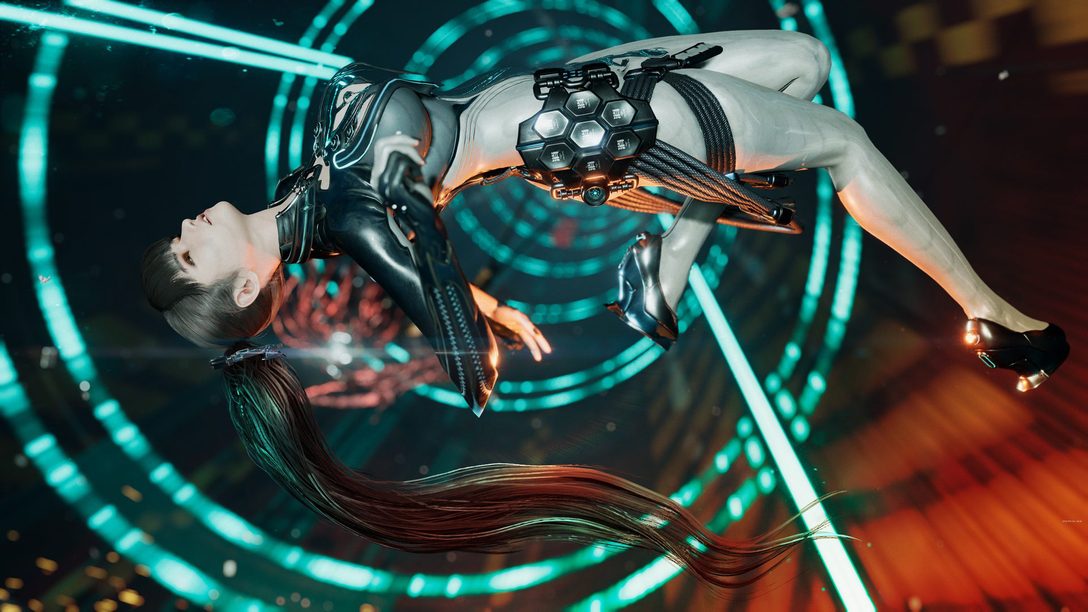
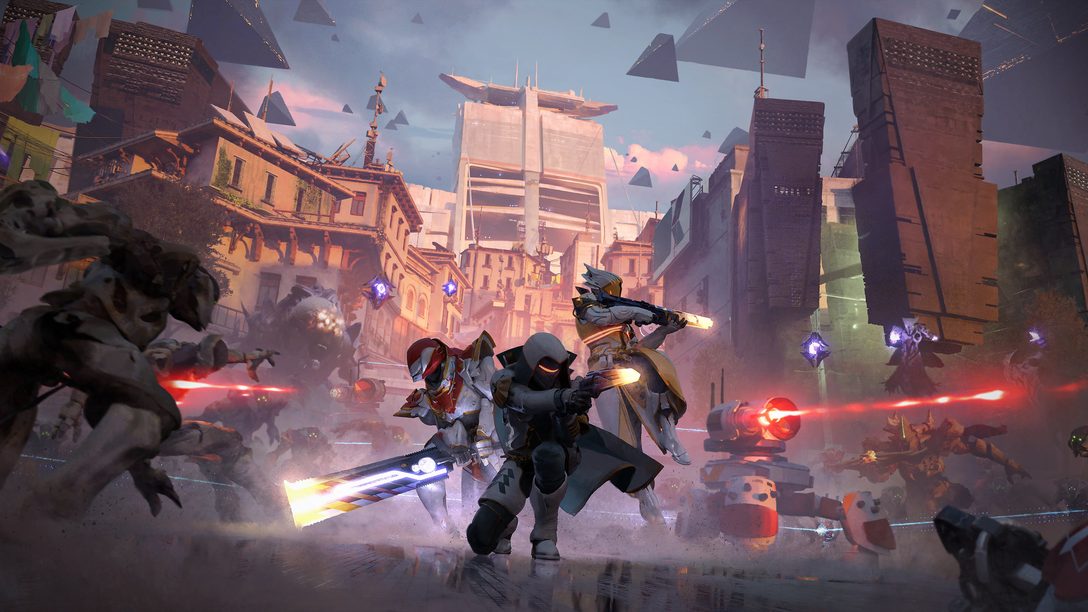
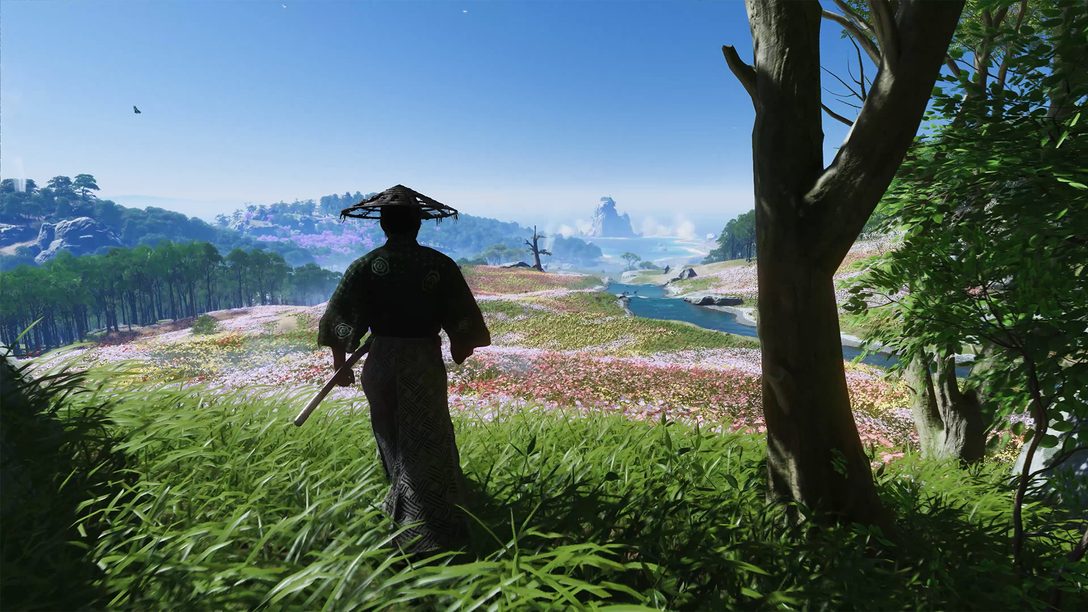

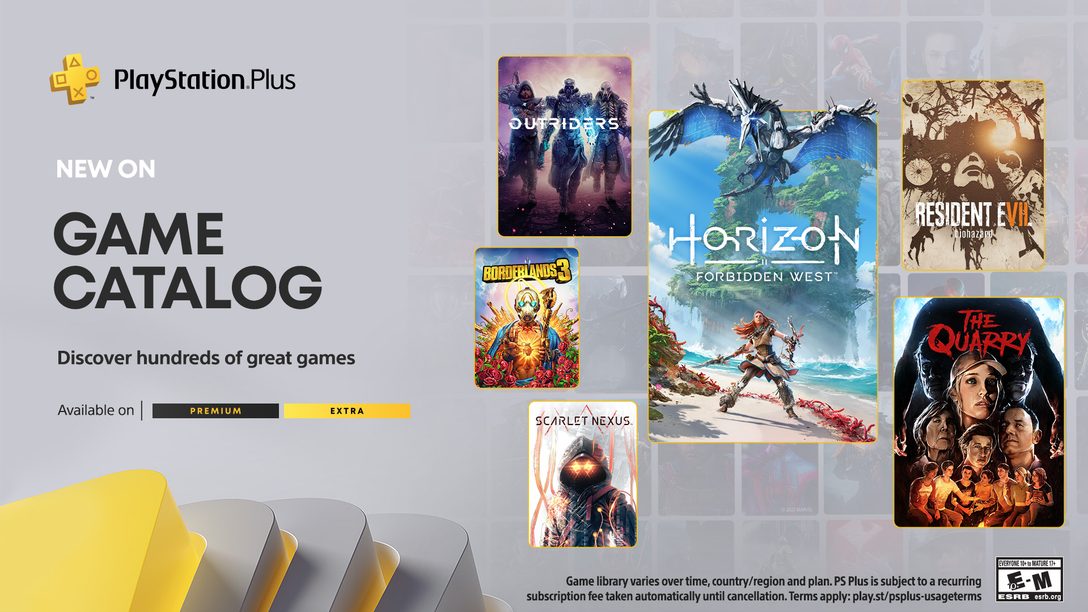
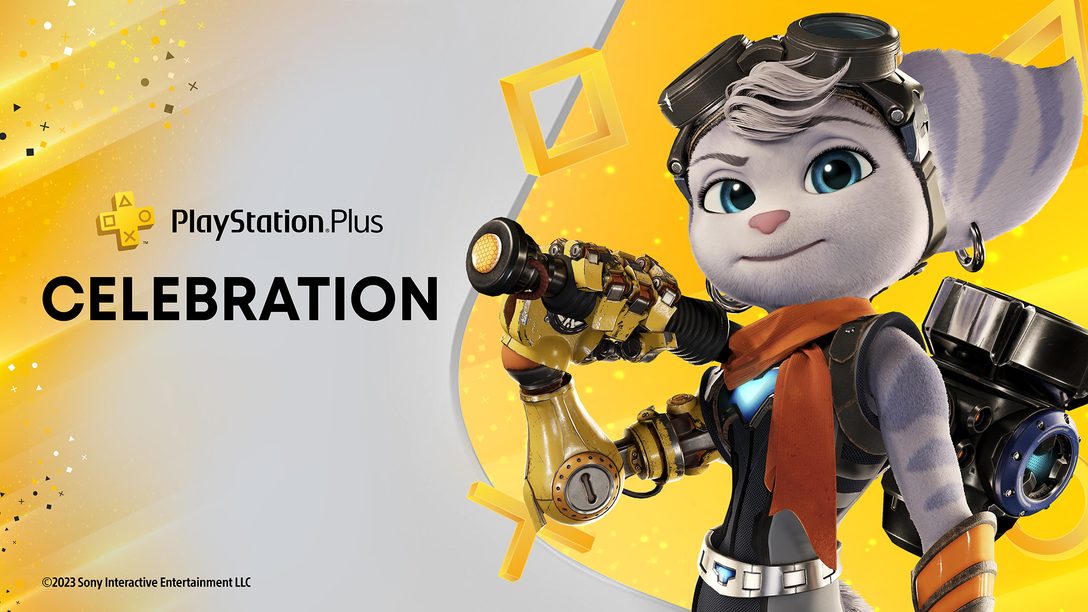

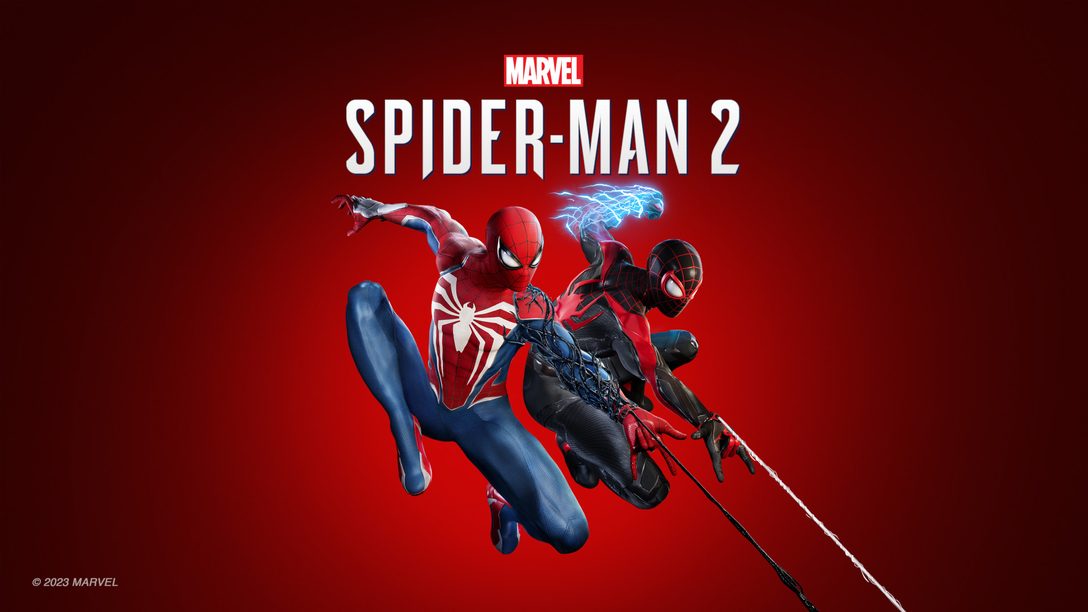
Join the Conversation
Add a CommentBut don't be a jerk!
15 Comments
Loading More Comments